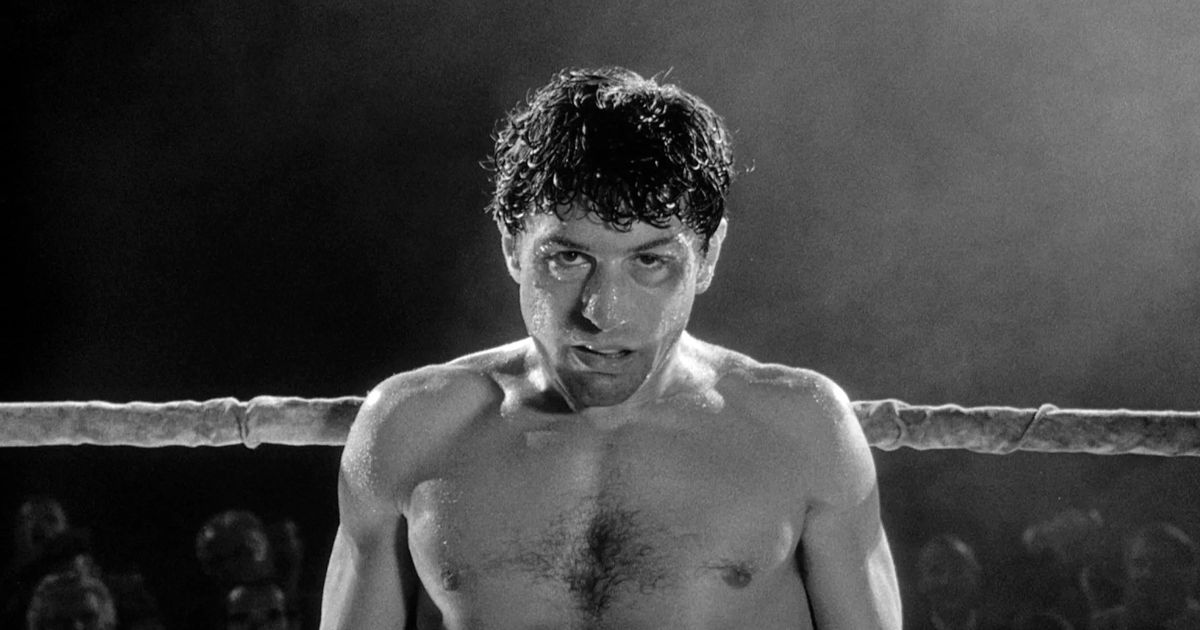A man who was supposed to be a priest, Martin Scorsese has become synonymous with cinema instead. All Martin Scorsese movies are known for their frenetic energy, deeply passionate storytelling, and characters ridden with guilt. Scorsese creates distinct ways of telling stories with a perspective deeply embedded and indebted to the history of cinema.
Not only does he make great film after great film, but he also tends to forgotten cinema. Scorsese's World Cinema Project oversees the re-release and restoration of films from all over the world that have had little exposure, looking to preserve what had previously been lost. Indeed, as much as Scorsese is a great director, he is also generally one of the hardest-working people in the industry today.
Updated October 6, 2023: In honor of the upcoming release of Martin Scorsese's Killers of the Flower Moon, this article has been updated with even more great films from the legendary filmmaker.
Martin Scorsese's filmography is filled with executive producing roles in important documentaries and directing some of the most iconic films of all time. Everyone has a favorite Scorsese film, the topic is so diverse that an episode of Ted Lasso joked about this with titles ranging from The Color of Money to Goodfellas to Cape Fear and even The Age of Innocence. Even now, in the latter stages of his career, Scorsese continues to raise the bar and make work relevant and audiences are eagerly anticipating the release of his latest film, Killers of the Flower Moon. Here are Martin Scorsese's best films ranked.
23 Boxcar Bertha (1972)
The second feature, directed by Scorsese, is a work-for-hire gig produced by Roger Corman. Based on the real-life story of Boxcar Bertha as told in the novel Sister of the Road by Ben L. Reitman, the movie tells the story of Bertha Thompson, an orphan southern girl who moves around by freighthopping. She eventually falls in love with a union organizer, leading to a life of crime.
After her crew is taken down and sent to jail, Bertha becomes a prostitute. The ghosts of her past come to haunt her once more when her former love returns to her life, only to be separated once more when death comes collecting. Of all Martin Scorsese films, Boxcar Bertha is undoubtedly underrated.
22 Kundun (1997)
Kundun is easily one of Martin Scorsese's best movies. However, the politically charged content of this story made Hollywood bury it under a pile of rubble and poor marketing. Kundun had a theatrical release, but Disney, the company behind its distribution, did not promote the film at all to avoid conflict with the Chinese market.
Starring three different actors playing the Dalai Lama, the story is a count of the events that transpired between 1937 and 1959, when China took hold of Tibet and used its communist ideals to kill the religious movement of the living Bodhisattva. It's a powerful story that very few pay attention to as it's an unflinching reflection of a reality that still stands today.
21 Gangs of New York (2002)
In a distinct and anomalistic, but nonetheless extremely effective, part of Martin Scorsese's filmography, Gangs of New York is a revenge period piece detailing the battling gangs of the city in the 1860s, as Amsterdam Vallon (Leonardo DiCaprio) seeks out Bill "The Butcher" Cutting (Daniel Day-Lewis) for murdering his father. The film celebrates Scorsese's Italian ancestry and was filmed entirely at Cinecitta Studios in Rome.
Day-Lewis gives an absolutely phenomenal performance in one of the most terrifying and brutal roles in his career, something that seemed to prepare him for arguably his best performance in There Will Be Blood. The supporting cast was incredible as well, bringing in Cameron Diaz, John C. Reilly, Henry Thomas, Liam Neeson, and Brendan Gleeson. The biggest aspect of the casting, however, is Leonardo DiCaprio's collaboration with Scorsese, their first at the time and the one which would lead to six films so far. All the sets and costume designs were top-notch, and Gangs of New York was nominated for ten Oscars, unfortunately not winning a single one.
20 Mean Streets (1973)
The third feature by Martin was Mean Streets, released in 1973. This movie would begin his long-standing collaboration and friendship with Robert De Niro. It's also the film that set the tone for most of his movies as stories lack intrinsic plot. As with most of Martin Scorsese's best movies, the story is set in New York City's Little Italy and follows a small-time hood named Charlie (Harvey Keitel) as he makes do with everyday life.
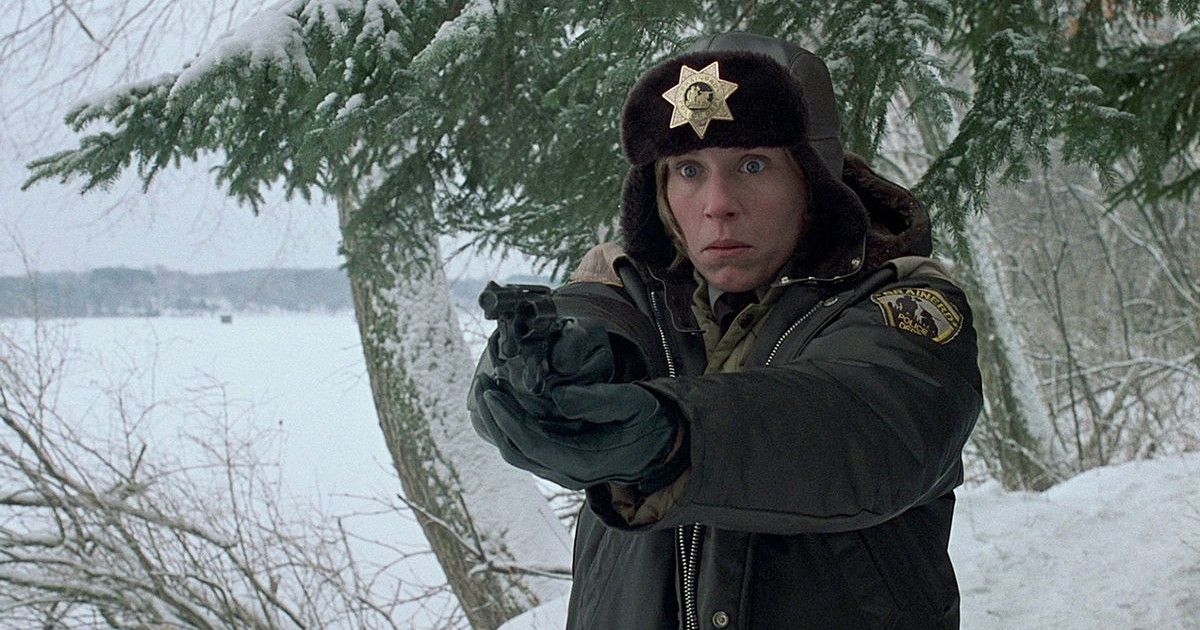
Best Films of the '90s According to Martin Scorsese, Ranked
Martin Scorsese is an advocate for cinema and the film industry. Here are the best films of the '90s, according to the auteur.Mean Streets is usually categorized as one of Martin's mob films, but it's far from it. Charlie's rank in the underworld is never stated. We see him interact with mobsters with a defined range inside a family. Still, he's usually seen running errands and saving Johnny Boy (Robert De Niro) from getting in trouble. Their friendship is the element driving most of the movie until Johnny Boy goes off the rails and is seemingly killed by the film's climax.
19 Shutter Island (2010)
Martin Scorsese is an accomplished storyteller, capable of wearing different hats across many genres. Shutter Island is one of his best efforts and a film that flexes his creative muscles outside his comfort zone. The story begins with Marshal Teddy Daniels and his partner Chuck Aule investigating the disappearance of a patient in Ashecliffe Hospital, located at Shutter Island. The cast includes Leonardo DiCaprio, Mark Ruffalo, and Ben Kingsley.
The psychological thriller shrouds every character with multiple layers of mystery as we are led to believe something is very off on the island. Further explorations take us inside the mind of Teddy, and we realize that not everything on the island is as it seems. It's an intricate Scorsese film that was well received by audiences, who rewarded the director with a box office gross of $300 million on a budget of $80 million.
18 The Last Temptation of Christ (1988)
This is likely Martin's most controversial film ever made, as he told the story of Jesus beyond the boundaries explored by Christian lore. If the internet had been around in 1988, The Last Temptation of Christ would have been the first film to break it. The movie itself is an adaptation of a novel by Nikos Kazantzakis. Willem Dafoe is Jesus in this film; the story explores the struggles of Jesus with his humanity and divinity.
As one of Martin Scorsese's best movies, the story thoroughly explores Jesus's conscience during the crucifixion. In a split second, we are offered insight into the mind of the savior who must choose to save himself and live a man's life, know love, endure pain, grow old, and pass away. His other option is to embrace his mission, die for our sins, and achieve divinity at his father's side. The movie sparked international outrage and a flood of death threats to the director.
17 Bringing Out the Dead (1999)
Arguably one of Martin Scorsese's most underrated films, the stunning Bringing Out the Dead just might be Scorsese's most stylistically bombastic and aesthetically wild film. The extremely dark comedy-drama stars Nicolas Cage as a brooding EMT paired with a variety of maniacal ambulance drivers (including a great John Goodman) as they scour the New York streets to try and save lives and usually fail.
With a wonderful soundtrack filled with epic needle drops, the film is a drugged-up journey into the heart of suffering and madness, containing a mesmerizing performance from Cage in what he named as one of his three best movies.
16 Silence (2016)
Most movies in Martin Scorsese's filmography are dramas that allow the director to explore the struggles of his catholic faith. Starring Liam Neeson, Andrew Garfield, and Adam Driver, Silence tells the story of two Portuguese Jesuit priests who must embark on a dangerous mission to Japan in the 17th century. Sebastião Rodrigues and Francisco Garupe receive the order to track and find Cristóvão Ferreira, who's been lost on the island and made to renounce his faith.
Since both monks are pupils of the priest, they take the mission while accepting the task of spreading Christianity in the secluded nation. Based on historical events, the solid script takes few liberties to recount how difficult (and eventually impossible) it was for the Christian faith to find its footing in the land of the rising sun. Silence is a hard watch and probably one of the most challenging films from the director.
15 The Age of Innocence (1993)
A film full of decadence, this Martin Scorsese movie provided another insightful and entertaining look at New York in The Age of Innocence, but this time, through a lens unlike most of his previous films. The story centered on the lives of the high society in the 1870s and how power leads to seduction. In his first collaboration with Daniel Day-Lewis, Scorsese seamlessly blends the actor in an epic period piece where he battles against his family's wishes to have him marry. He strikes up an affair with May Welland, played by an incredible Winona Ryder, and the film becomes a deeply felt study of repression, society, and sensuality.
The incredible costume design won an Oscar with Ryder being nominated, and Scorsese served as co-writer on a script that's an incredibly faithful adaption from Edith Wharton's novel of the same name while remaining a wholly untouchable piece of work from the auteur.
14 The Color of Money (1986)
The odd one out of all Scorsese films. Many people say Martin accepted to make The Color of Money after the underwhelming performance of After Hours, his previous offering in 1985. We can't confirm this information. However, this 1986 drama offers something very different in the world of sports films.
The story follows former pool player Eddie Felson, who recognizes the talents of a young man named Vincent Lauria and decides to take him under his wing to increase his skills in the game and help him make some money. The all-star cast includes Paul Newman and Tom Cruise. At first sight, the story might not seem much, but Martin extracted the best from each actor to tell a compelling story, enough to gain Paul Newman his only Academy Award for Best Actor.
The story touches upon multiple themes, such as the value of mentorship, the strength derived from competitiveness, and the search for redemption. It also studies the importance of acknowledging personal failings and placing timely correctives to succeed fair and square. We also get some great insight into the world of competitive pool playing, a sport that is largely ignored by Hollywood most of the time.
13 Cape Fear (1991)
Cape Fear would be the second remake in the countdown of Martin Scorsese movies. The borderline horror film follows the story of a recently released convicted rapist as he stalks the family of the lawyer that defended him in court. Robert De Niro is absolutely despicable as the tattooed and southern accent-speaking Max Cady, receiving an Oscar nomination for Best Actor in the process. Nick Nolte plays Cady's former lawyer, and both Jessica Lange and Juliette Lewis are fantastic in their roles as the lawyer's family. In a cool nod to Scorsese's love of film, Cape Fear also features the stars of the original 1962 film, the legendary Gregory Peck, Robert Mitchum, and Martin Balsam.
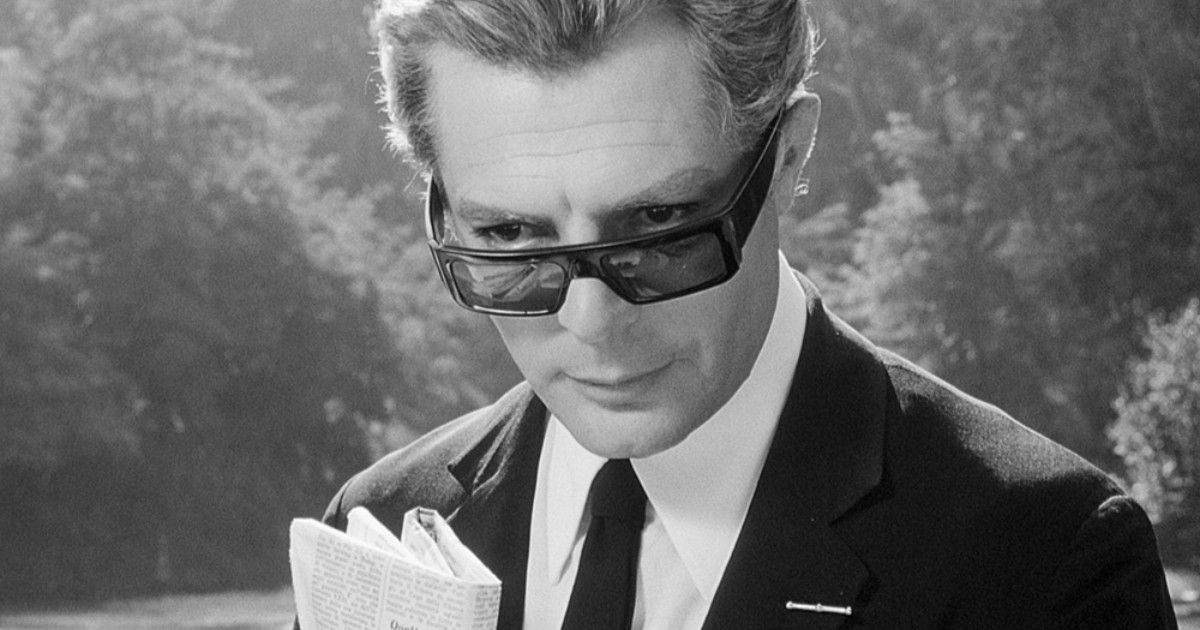
20 Other Movies Every Martin Scorsese Fan Should See
Whether it be through a similar oeuvre as the man himself or just being a film that he liked, here are 20 movies every Scorsese fan should watch next.To help himself get into the role, De Niro would routinely research sexual predator cases and used to call Scorsese's house and leave strange voice messages in his Max Cady accent, which understandably made the director uneasy. Cape Fear was originally supposed to go a completely different way, as Steven Spielberg was set to direct and cast Bill Murray as Max Cady, but the acclaimed director stepped aside and suggested Martin Scorsese for the job.
12 Hugo (2011)
In a countdown of Martin Scorsese movies ranked, we can't leave out the director's first foray into the world of CGI and 3D with a larger-than-life story. Hugo accomplishes that in every regard. Starring Asa Butterfield, Sacha Baron Cohen, and Chloë Grace Moretz, the film is an adaptation of Brian Selznick's 2007 book The Invention of Hugo Cabret. The slice-of-life story is closely tied to Scorsese's love for cinema. It begins with an orphaned boy living at a train station, trying to unravel the mystery of fixing an automaton able to write with a pencil.
After Hugo and Isabella manage to activate the automaton, they find out the drawing made by the machine belonged to a scene from a film made in 1902 named A Trip to the Moon. The movie was made by Isabelle's godfather, Georges Méliès. Both kids do their best to track down Méliès, who finally manages to reconcile with his past and embrace his beloved creations. This film would mark an unusual turn for the director, given the family-friendly tone of the film.
11 The Aviator (2004)
An enthralling and epic ode to the days of old Hollywood and a heartbreaking look into a fragile and genius mind, The Aviator stands out in Martin Scorsese's filmography in all its glory. Leonardo DiCaprio takes the reins as the genius director Howard Hughes, who decided that he wanted to fly. Clearly, his ambition and confidence put him in the middle of an extraordinary amount of power, but the film shows how his psyche slowly devolved into madness. Nominated for 11 Oscars and winning a total of five, The Aviator remains one of Scorsese's biggest celebrations of filmmaking and the American Dream.
10 Alice Doesn't Live Here Anymore (1974)
Alice Doesn't Live Here Anymore is Scorsese's fourth film and one of the few straight romances. The movie stars Ellen Burstyn as a widower who decides to take her son to find a better life for themselves. They end up needing to lodge in Arizona, and Alice becomes a waitress, forming close bonds with her coworkers as well as her son. Alice Doesn't Live Here Anymore might be more remembered for spawning a successful television spin-off series, Alice, but the film is a must-watch and is as topical today as it was in 1974.
9 After Hours (1985)
The 1980s were an unusual, exciting period for Martin Scorsese. He would make an extremely controversial religious movie, direct an 18-minute Michael Jackson music video, film his first remake (one of only two) and first mainstream movie, and experiment with two pitch-black comedies, The King of Comedy and After Hours. The latter remains a Martin Scorsese movie most people have forgotten about, which is a real shame because it's a wild, surreal masterpiece of paranoia and anxiety. Griffin Dunne plays a man having the worst night of his life as he goes from being a bored office worker to being hunted by an angry mob in the streets. It's Scorsese's funniest film.
8 The King of Comedy (1982)
The aforementioned film The King of Comedy is of a similar ilk to Taxi Driver, in that it is another tale of massive self-delusion with Robert De Niro in the spotlight, except this film leans into comedy and dark satire. From one cringe-inducing moment to the other, De Niro plays the comedian “Rupert Pupkin,” who is desperate for a chance as he stalks the legendary Jerry Lewis, playing a late-night talk show host.
The film would later inspire Todd Phillips’ Joker, which reverses the roles and puts De Niro in the role of talk show host and Joaquin Phoenix as the delusional wannabe comedian. Out of all Martin Scorsese films, this one holds Robert De Niro's best performance in any of their collaboration, according to the director himself, and it remains a darkly prescient and relevant satire of fame and the media.
7 The Departed (2006)
This Scorsese film is its first foray into the depths of the Irish criminal world, and taking a step back from his Italian roots, The Departed is an old-school crime epic starring some of the biggest names in Hollywood. Entangled in a web of lies, Scorsese's film perfectly channels the inner workings of Billy Costigan, played by DiCaprio, as he goes toe-to-toe with crime boss Frank Costello. Costello was played to an absolute maximum of sleaziness by icon Jack Nicholson (who, surprisingly, has only worked with Scorsese this one time).The Departed would go on to win Scorsese his first Oscars for Best Director and Best Picture despite its grit and ruthlessness.
6 The Irishman (2019)
After being sold off from the studio system because it didn’t want to take the financial risk, Scorsese took his vision for The Irishman to Netflix. Starring the other long-time Scorsese collaborator Robert De Niro, teaming him up with friend Al Pacino as Jimmy Hoffa, and bringing Joe Pesci out of retirement for his first feature film in almost ten years, all the pieces were there for another great Scorsese movie.
While turning his fine eye to the inner workings of the gangster world is not new territory for Scorsese, what came across was far more meditative, cold, and full of dread, making for another memorable turn in the genre he knows so well. While the de-aging effects were controversial, the epic three-hour film used its special effects to service a phenomenal narrative. The Irishman was nominated for a staggering ten Oscars but unfortunately didn't win any (continuing the Oscars' weird snubs toward Scorsese films).
5 Casino (1995)
The spiritual sequel to Goodfellas, Casino is essentially a commentary on capitalism running amok in the city of sin but shot with the eye of a man who can stylize violence and decadence better than most. Once again, this is another Scorsese film starring Robert De Niro and Joe Pesci, but it surrounds them with an incredible ensemble cast, including Sharon Stone and the great Don Rickles in a surprising turn.
Casino is a constant spiral of a film, a twirl of backstabbing that threatens the way the mob operates. The movie jumps from power grabs and brutal negotiations involving a vice-grip, and Scorsese lets loose to create another incredible tale of mob violence based on real events in 1970s Las Vegas. Sharon Stone also received her one and only Oscar nomination for Best Actress.
4 Raging Bull (1980)
As you can see in Martin Scorsese's filmography, he is no stranger to centering his films around explosively violent and morally dubious men, but none quite got the same cinematic detail as his biopic on boxer Jake LaMotta did in Raging Bull. Using the major boxing matches to detail the psychological makeup and evolution of the famed Middleweight champion was a stroke of genius from Scorsese.
Each fight was told differently, from using smoke and excess to using dolly zoom shots to warp the ring and show Lamotta's boiling point; Scorsese channeled his technical mastery to tell a story of rage and violence in a way only he could. Raging Bull was nominated for eight Oscars and actually took home two, for Best Editing and a Best Actor win for Robert De Niro.

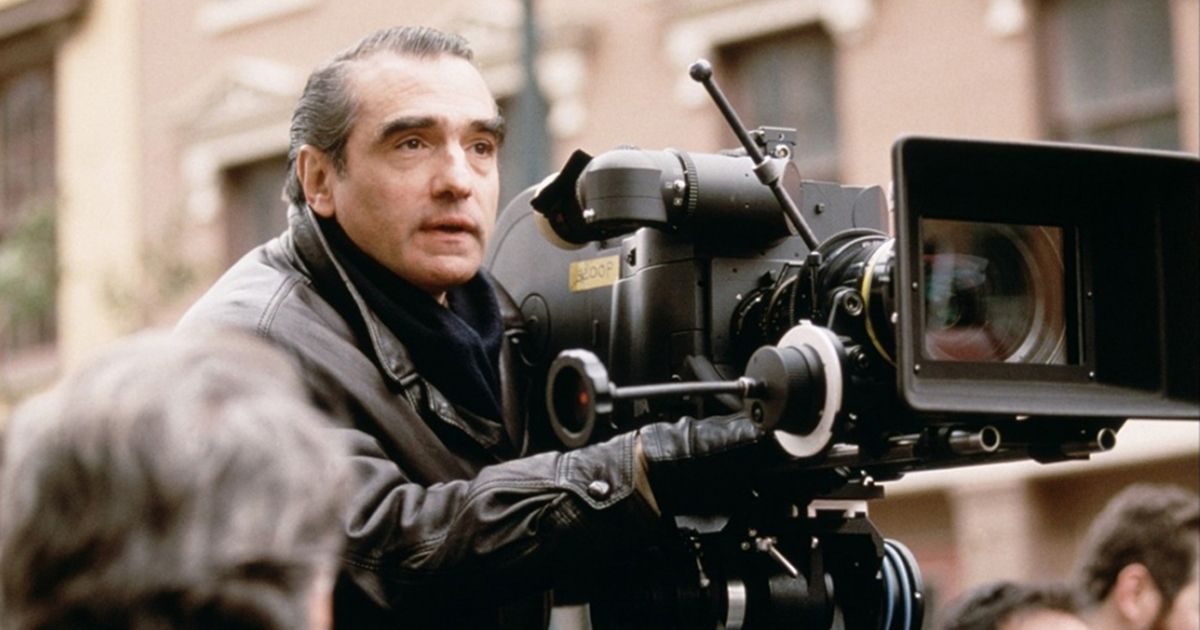
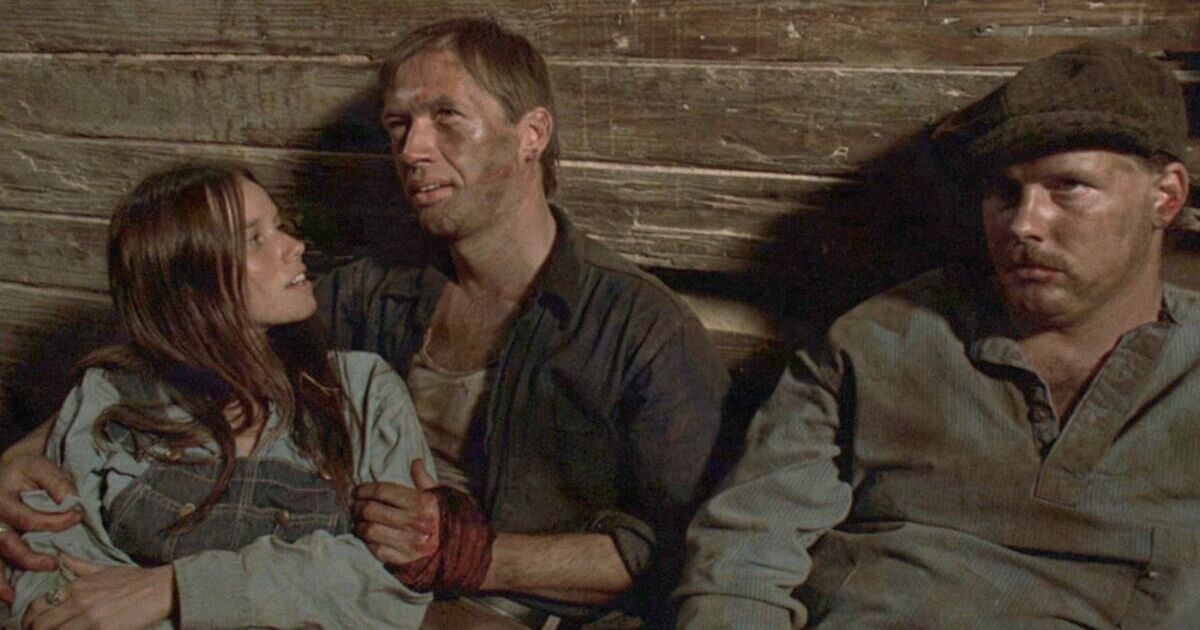
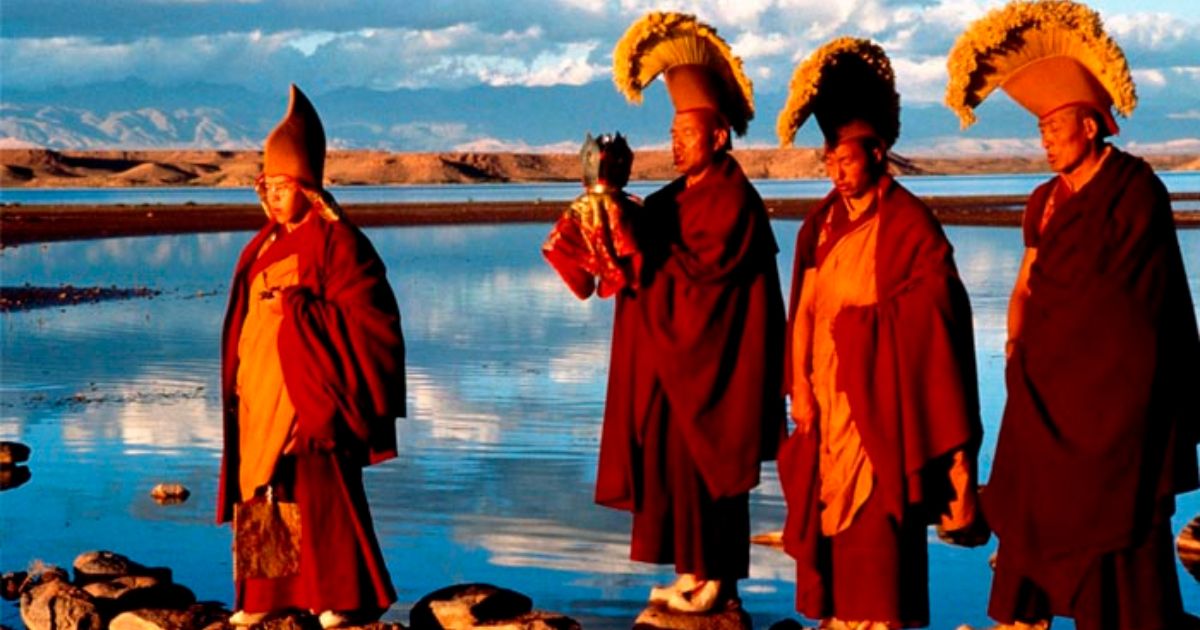
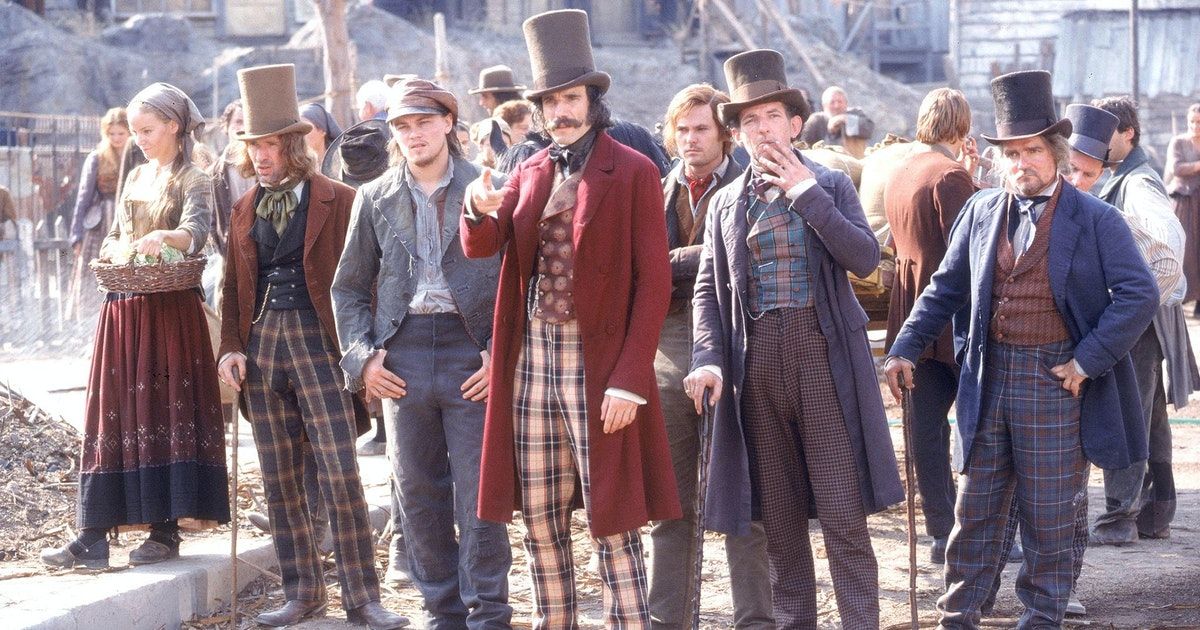
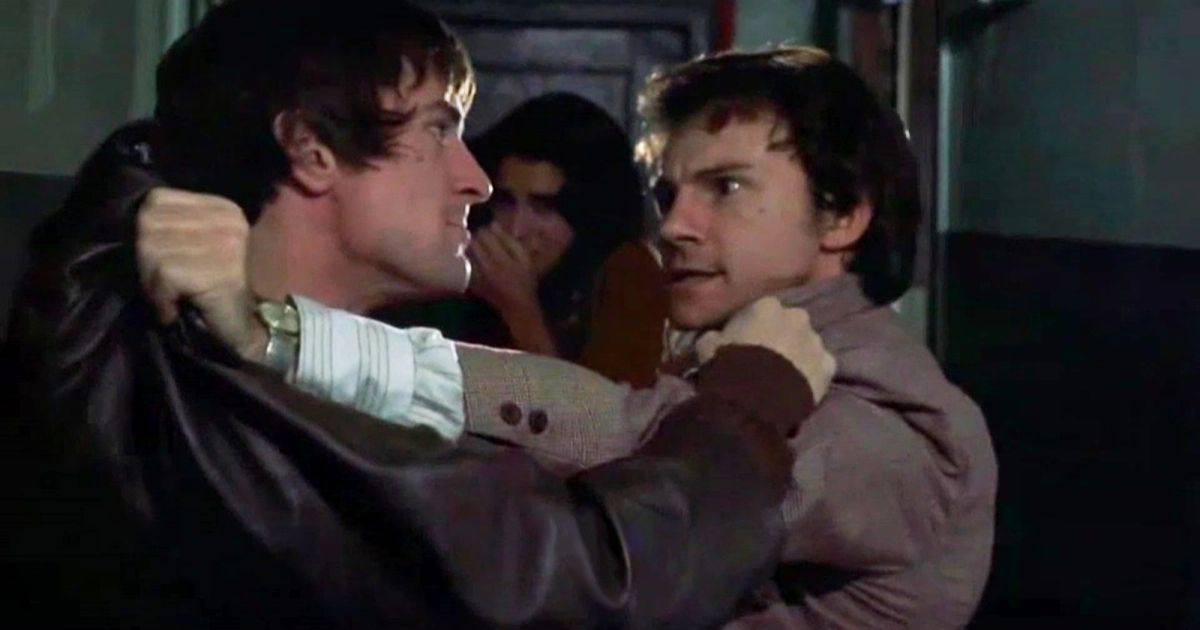
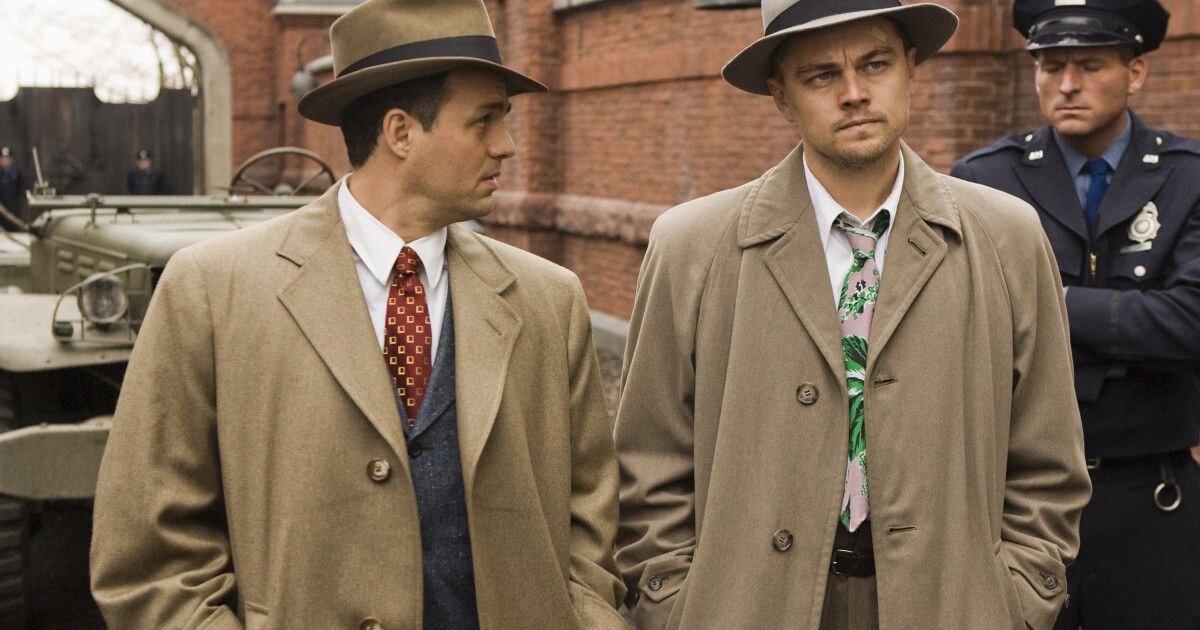
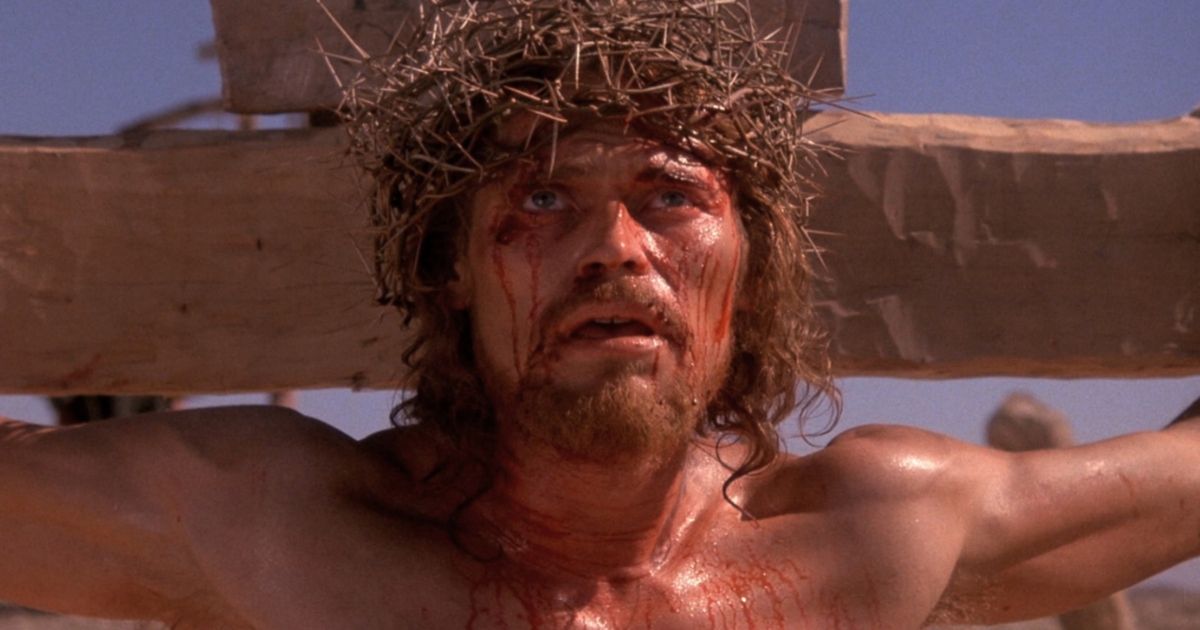
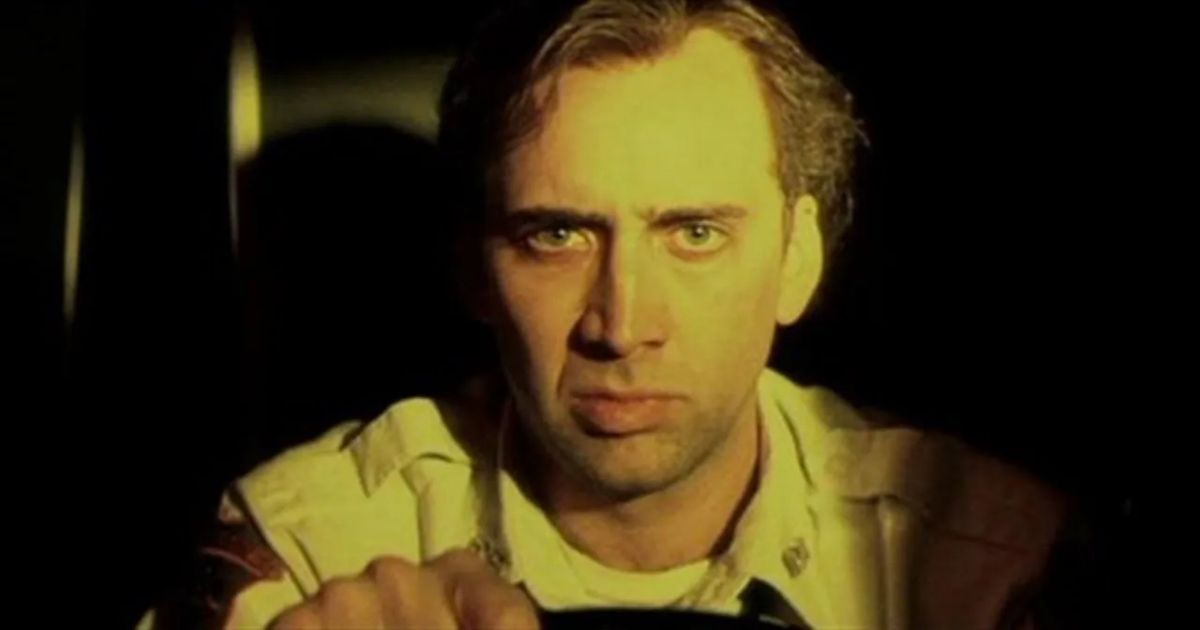

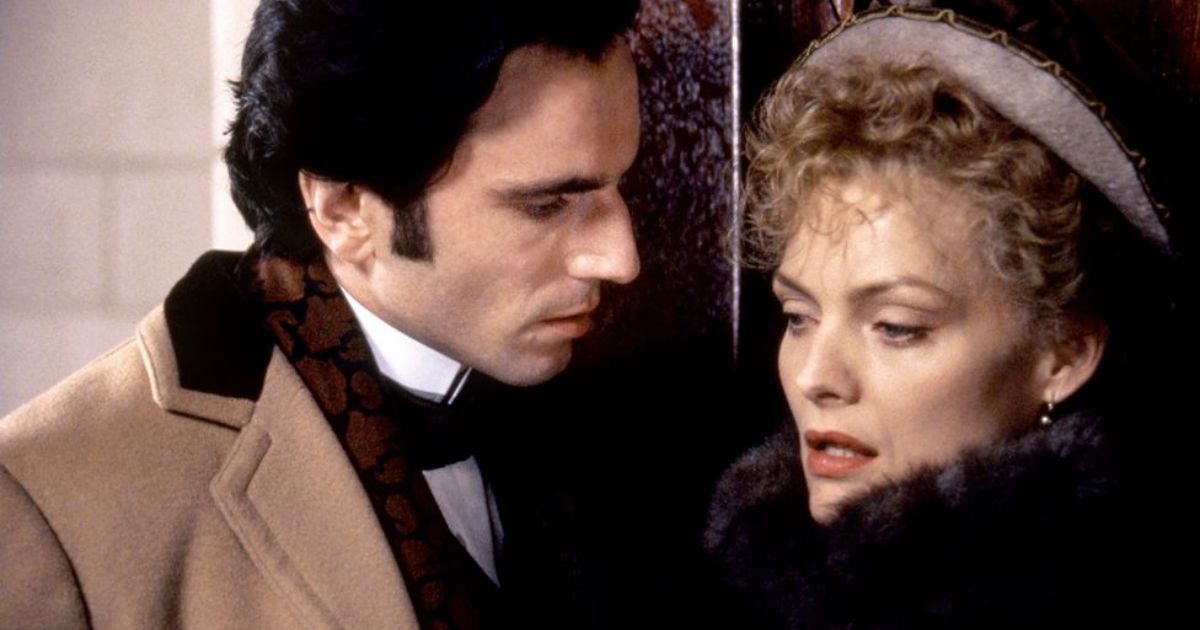
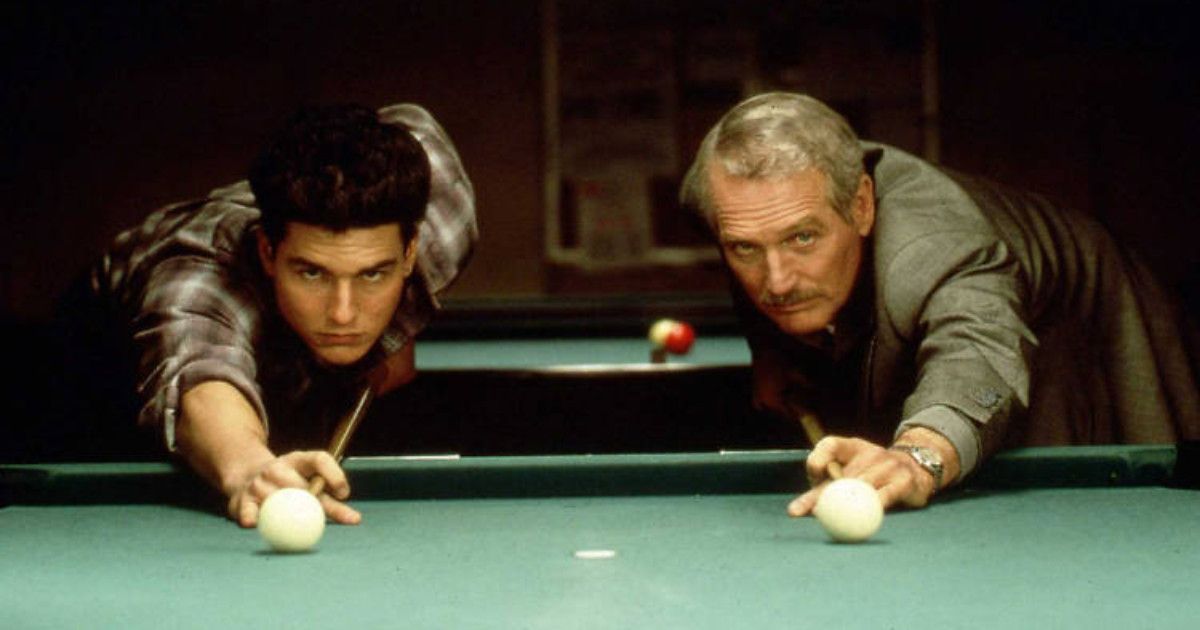
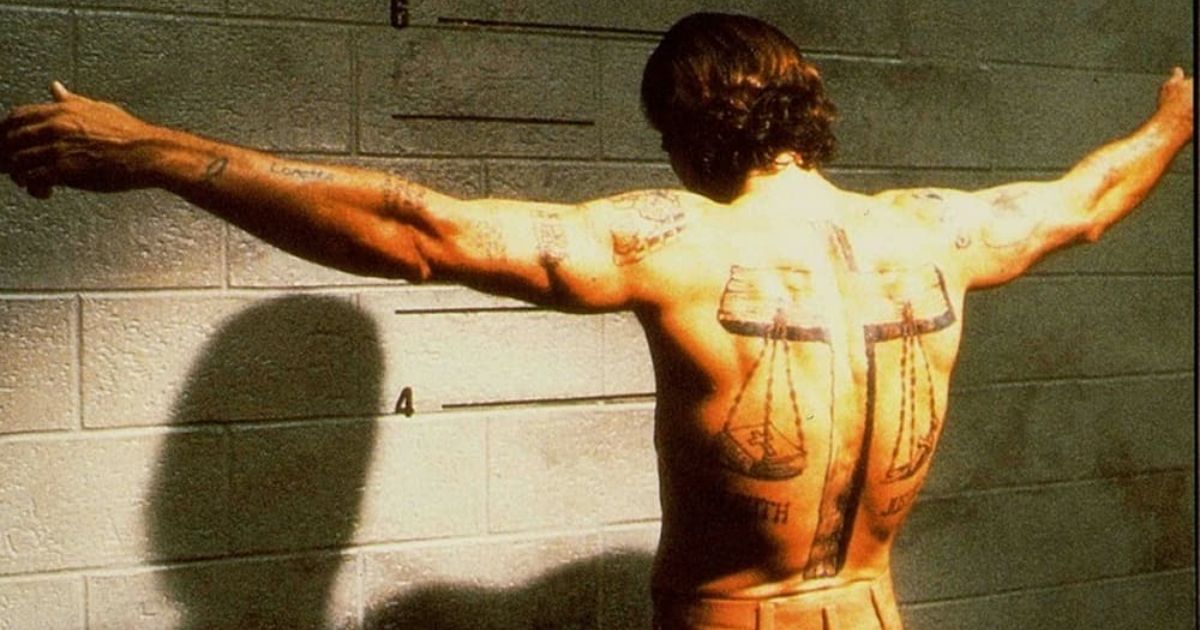
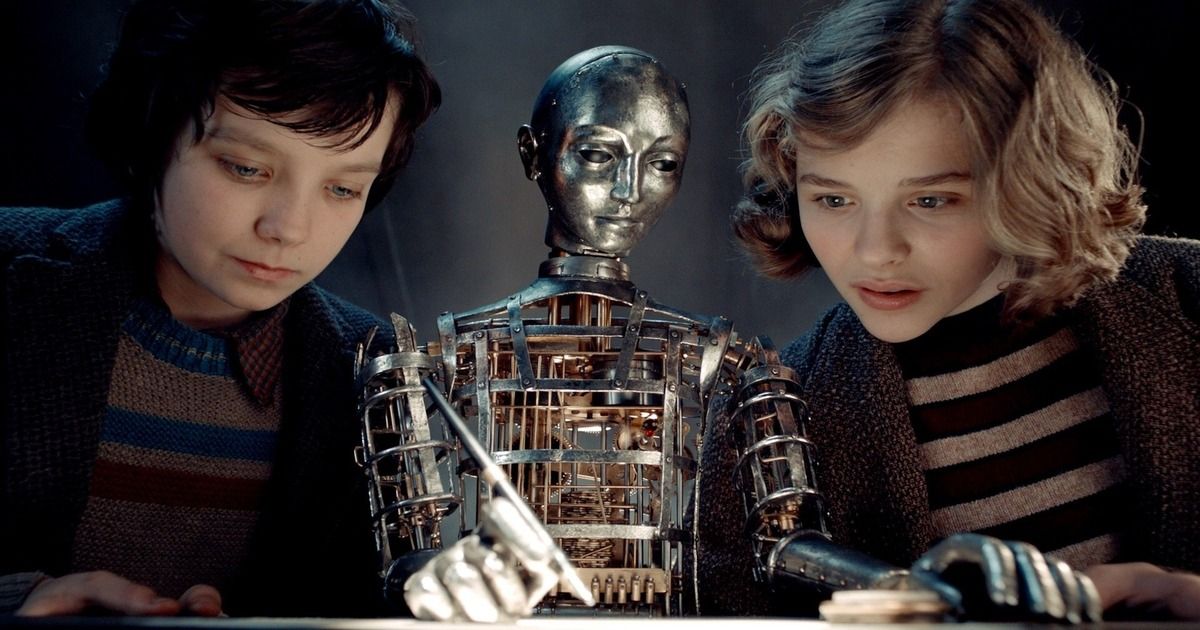
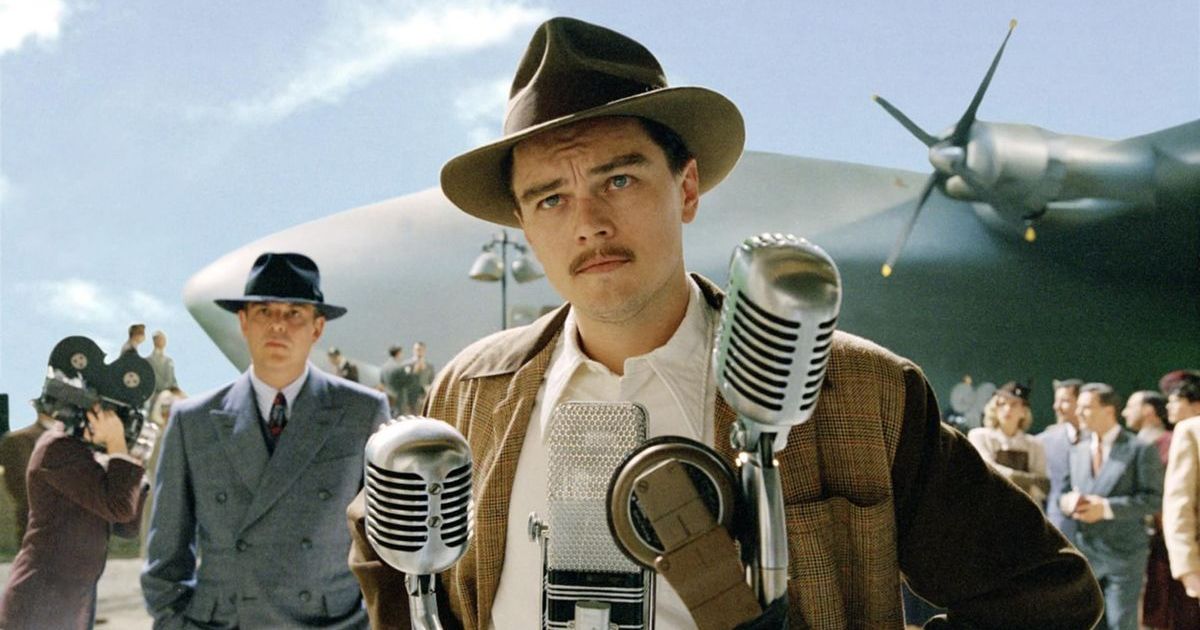
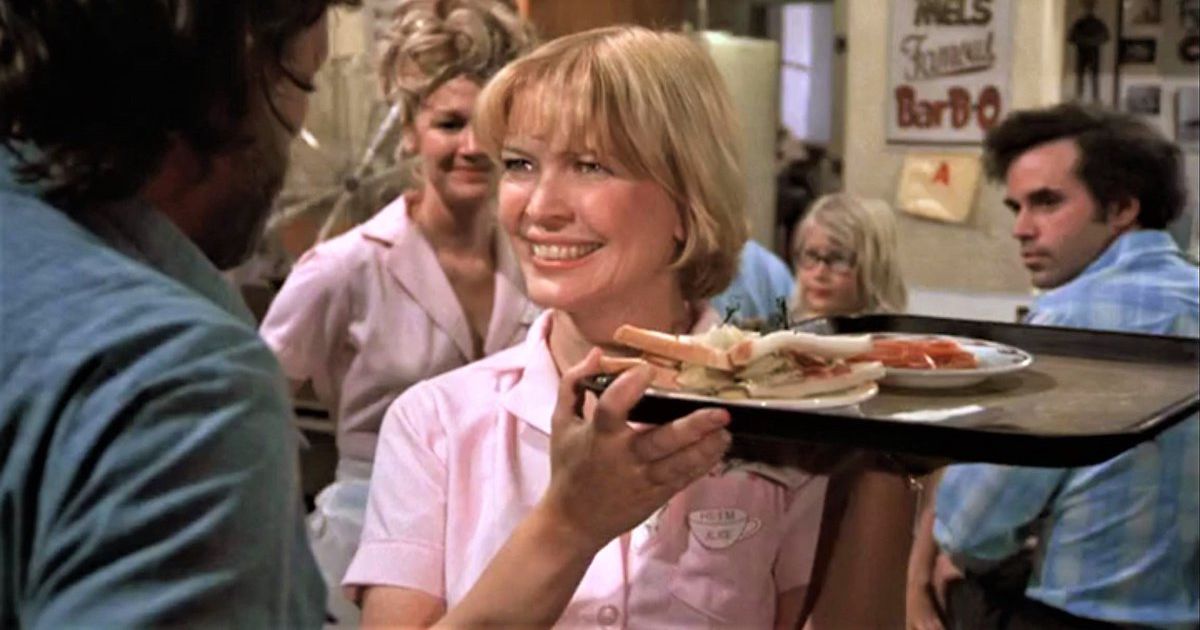
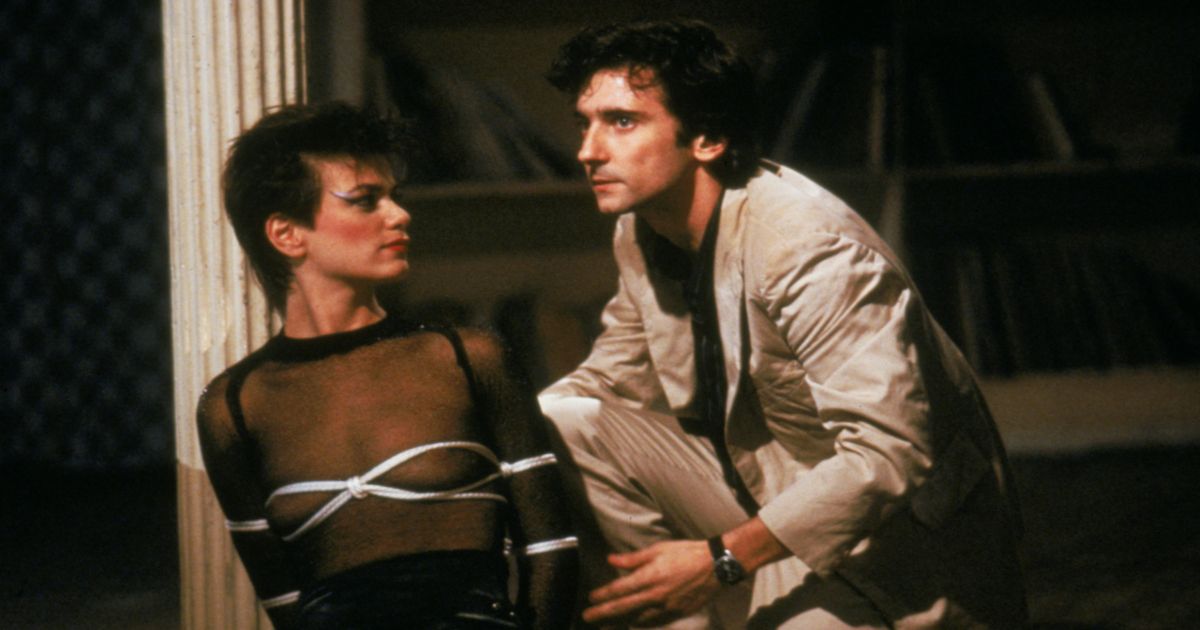
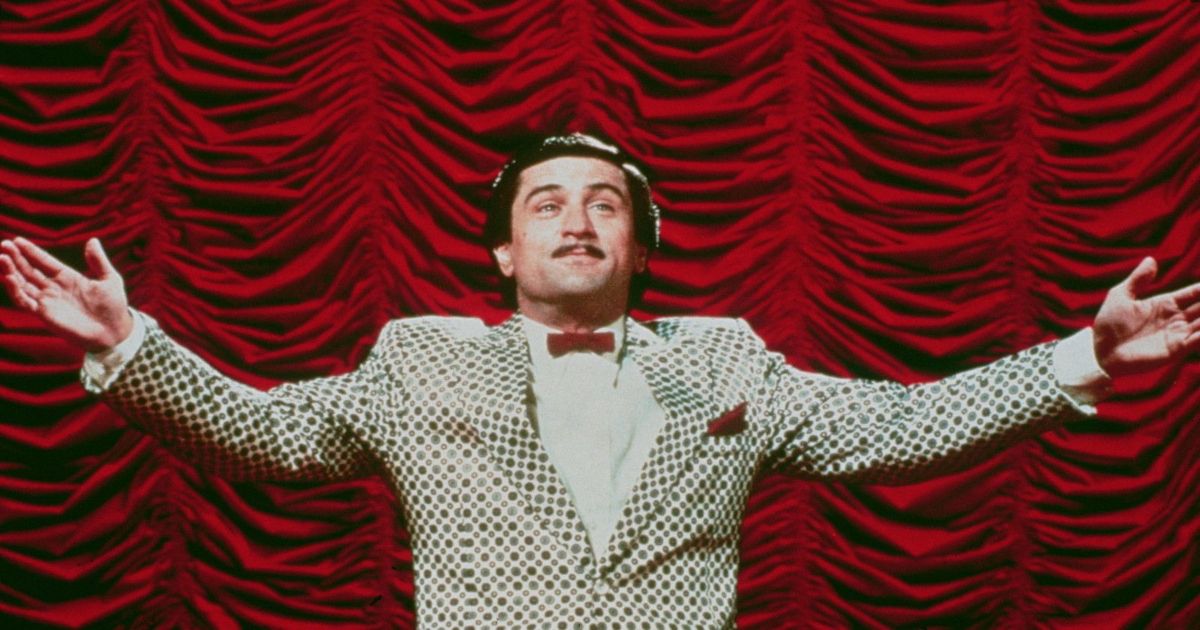
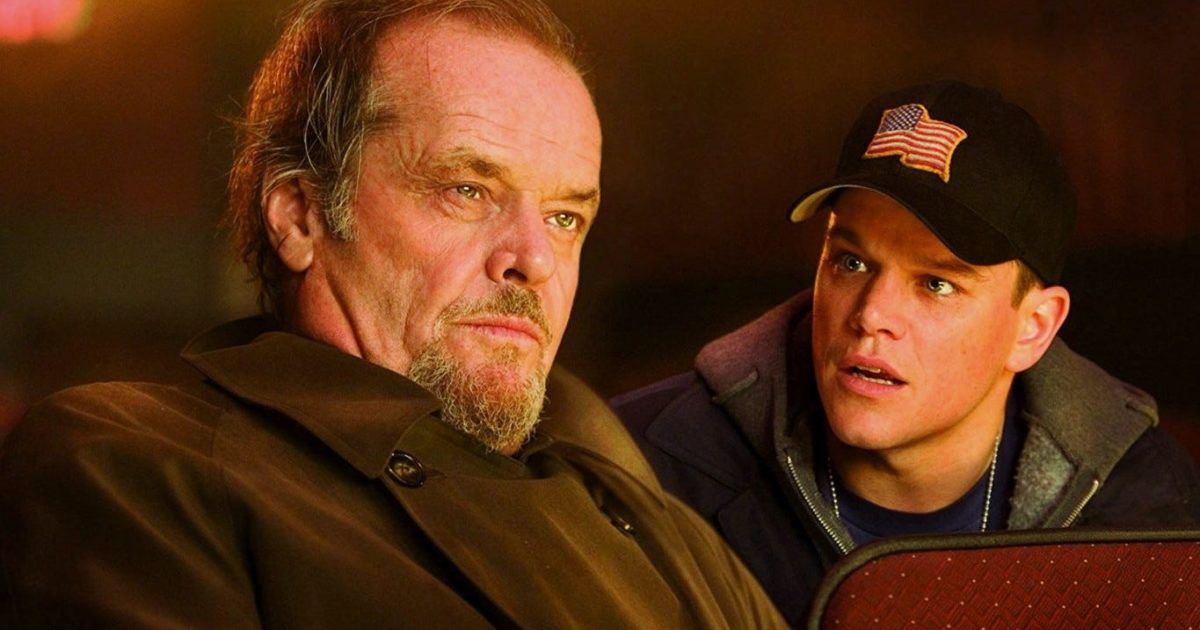
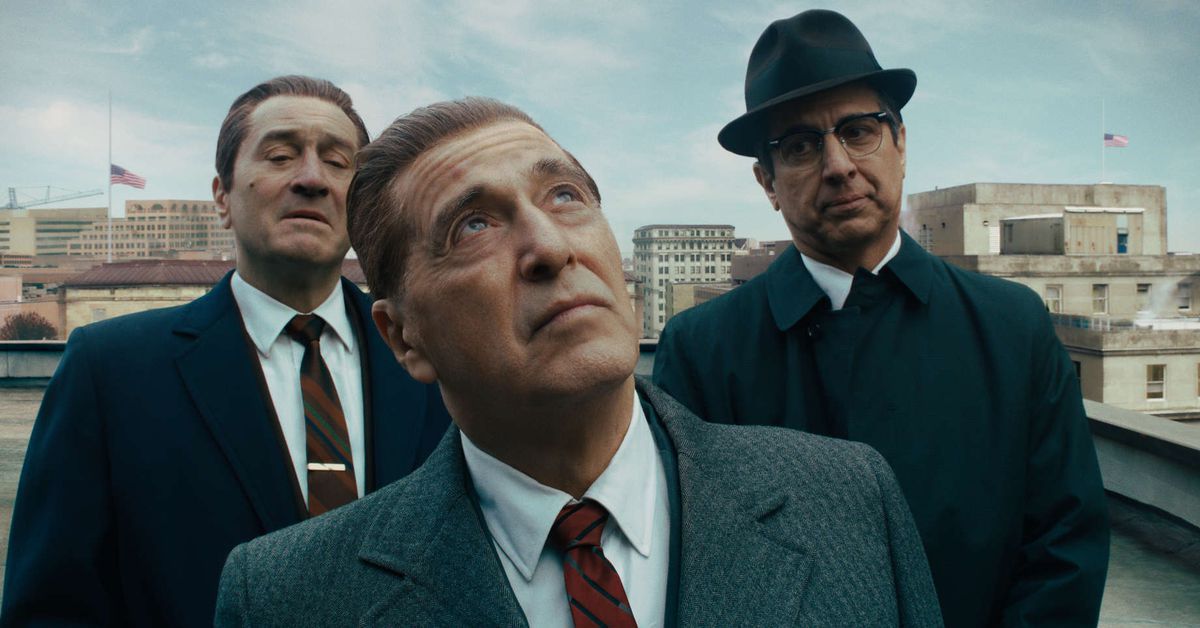
.jpg)
